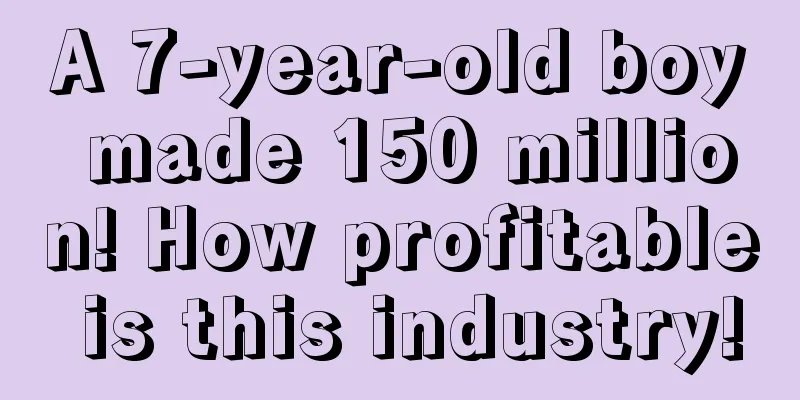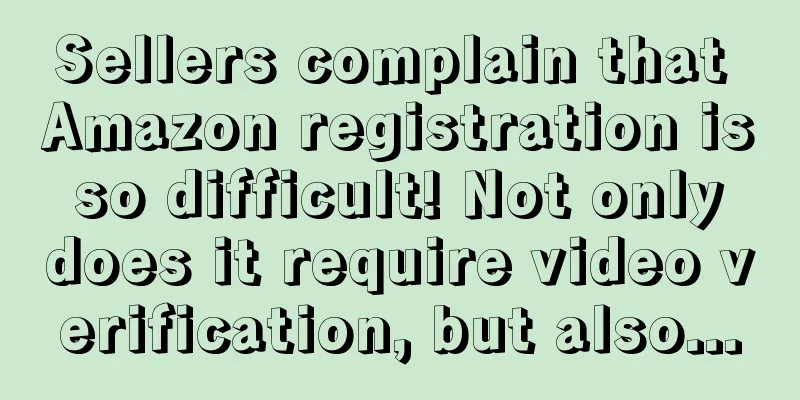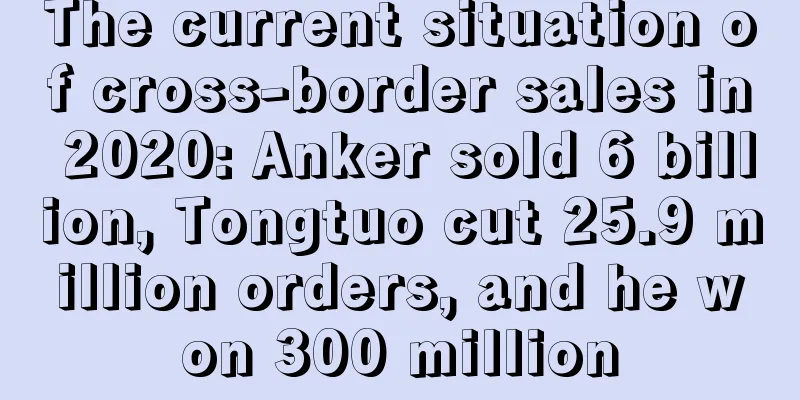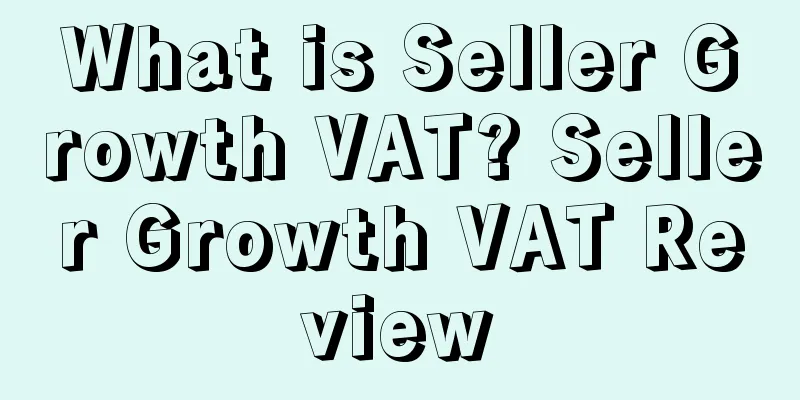Brexit deadline! Changes for European sellers
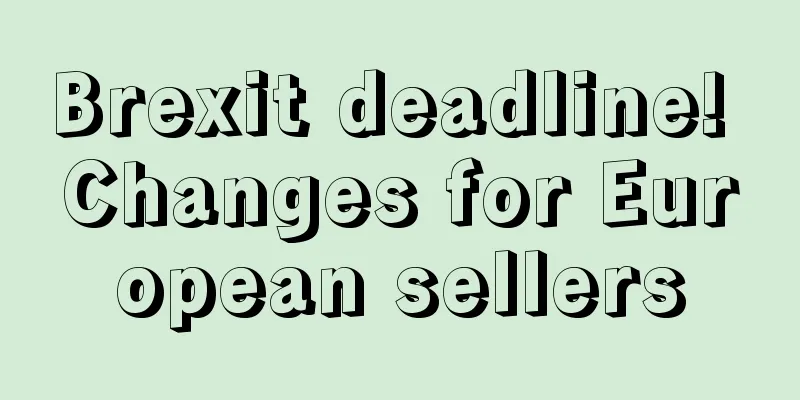
|
On January 31, 2020, the UK will leave the EU and enter a transition period, which will last until December 31, 2020. The UK will officially withdraw from the EU single market and customs union on January 1, 2021. While negotiations between the UK and the EU are ongoing (including determining the specific tariffs that will apply in different situations), an additional customs border will be established between the UK and the EU from 1 January 2021. This will have an impact on cross-border business between the UK and the EU. Amazon products shipped using the European Fulfillment Network (EFN) will not be able to be delivered across the UK-EU border; Amazon Logistics Europe Pan-EU inventory transfers between the UK and the EU will cease. (EFN and Pan-EU will continue to transport inventory within the EU to support sellers selling on sites in Germany, France, Italy and Spain); Sellers need to provide the information required for customs clearance for cross-border shipments between the UK and the EU; For self-fulfilled orders, the seller is responsible for handling the required customs clearance and paying all taxes and duties. Impact 1: EORI and VAT are registered separately After Brexit, cross-border e-commerce sellers will need to pay taxes locally for goods they sell from the UK to EU countries. Cross-border e-commerce sellers exporting goods from the UK to EU countries must have both the UK EORI number, UK VAT tax, and EU EORI. Number and the country's VAT number; Impact 2: Increase in VAT on imported goods The EU originally included the UK, but now that it has separated from the EU, sellers' VAT taxes will also undergo multiple changes. When goods enter the EU market from the UK, British companies need to declare imports and pay the VAT of the importing country; and goods from EU countries entering the UK also need to go through customs declaration and customs clearance procedures; Impact 3: Sellers’ inventory pressure increases Amazon's unified delivery (EFN) and pan-European programs will be affected, and sellers will need to ship independently in the UK and other European countries, which will increase sellers' inventory pressure. Brexit advice for sellers: Before January 1, 2021, Amazon's European sites will continue to operate as usual, and sellers can use EFN and Pan-EU to sell in seven European countries (the United Kingdom, Germany, France, Italy, Spain, the Czech Republic and Poland). However, considering the timeliness issue, it is recommended that sellers split their inventory from now on, ensure that there is sufficient inventory in both the UK and the EU, and prepare customs declaration information for cross-border transportation between the UK and the EU in advance, such as the Value Added Tax Number (VAT) and EORI Number. Note: Each company in the EU only needs to apply for EORI in one country to import to the entire EU. If you want to deduct import taxes, you must use your company's EORI and VAT number to import to the EU. If you use the freight forwarder's tax number and EORI, you cannot deduct the import tax. German Customs said that you can start applying for German EORI now. You must first apply for EORI and it will take effect after January 1, 2021. |
>>: Another wave of red flags! The reason is...
Recommend
What is Flight Club? Flight Club Review
Flight Club is a sneaker resale platform that offe...
What is PhonePe? PhonePe Review
PhonePe is a mobile payment company that has devel...
What is Tao Data? Tao Data Evaluation
Tao Data is affiliated to Hangzhou Maijia Technolo...
What is True & Co.? True & Co. Review
True & Co. is a data-based Internet women'...
What is McKinsey Guangdong? McKinsey Guangdong Review
The founder of Guangdong McKinsey Intellectual Pro...
What is Shopline? Shopline Review
Shopline is a DIY online store platform designed f...
The latest trending searches for St. Patrick's Day in the US! Be the first to know about potential hits
It is learned that the United States will usher in...
What is a Double Tax Treaty? Double Tax Treaty Review
Glossary of Terms on the Nature of Bilateral Tax A...
How to make the most effective use of Amazon’s golden period of new product traffic?
Sellers familiar with Amazon should know that Ama...
Unilever recalls dry shampoo due to carcinogenic ingredients!
Unilever has recalled certain aerosol dry shampoos...
What is Arphic Supply Chain? Arphic Supply Chain Review
World Depot Inc. (Wen Ding Supply Chain of Pan Din...
Amazon publicly responded! It wants to help sellers share the responsibility
In the middle of this month, we reported that Ama...
Record-breaking! Google's second-quarter revenue soared 62% to $61.9 billion!
It is learned that Google's parent company Alp...
Amazon has issued a new rule! This type of ASIN will be blocked
As Christmas approaches, Amazon has introduced new...
What is Luxola? Luxola Review
Luxola is a cosmetics B2C platform headquartered i...
